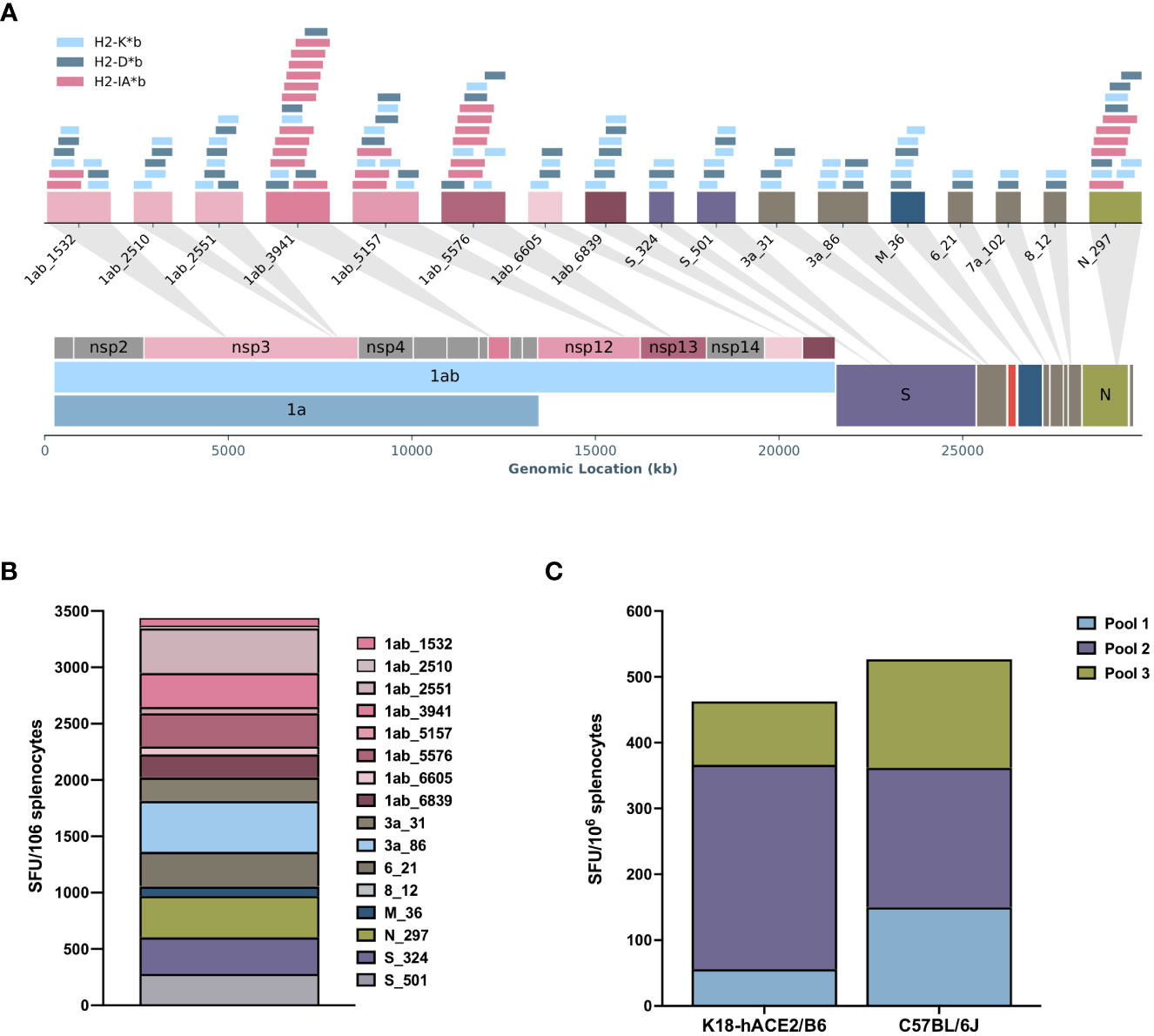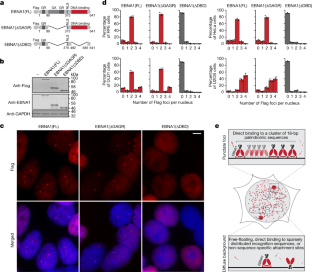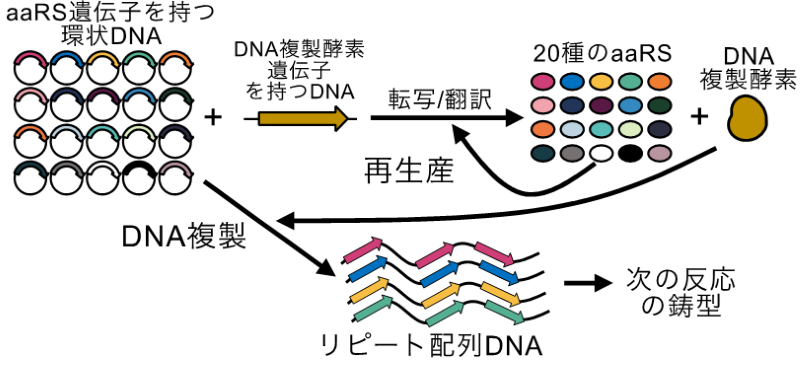2023-04-13 ペンシルベニア州立大学(PennState)
他のワクチンは、変異に弱いウイルスのスパイクタンパク質をターゲットにしていますが、T細胞ベースのワクチンは、T細胞から免疫反応を引き出すウイルスの異なるタンパク質のエピトープを含んでおり、将来の変異体に対する持続的なカバー力を備えています。
マウスを用いた試験では、ワクチンを接種したマウスの87.5%が生存したのに対し、対照群のマウスは10%で、2週間以内にウイルスを除去している。
研究者らは、このワクチンはヒトでの試験用に容易にスケールアップでき、他の季節性ウイルス性疾患の治療にも使用できる可能性があるとしています。
<関連情報>
- https://www.psu.edu/news/research/story/t-cell-vaccine-covid-19-may-last-longer-current-vaccines/
- https://www.frontiersin.org/articles/10.3389/fimmu.2023.1166546/full
インシリコで予測されたT細胞エピトープを用いたDNA免疫により、K18-hACE2マウスで致死的なSARS-CoV-2感染から保護される。
DNA immunization with in silico predicted T-cell epitopes protects against lethal SARS-CoV-2 infection in K18-hACE2 mice
Gry Persson, Katherine H. Restori, Julie Hincheli Emdrup, Sophie Schussek, Michael Schantz Klausen, McKayla J. Nicol, Bhuvana Katkere, Birgitte Rønø, Girish Kirimanjeswara and Anders Bundgaard Sørensen
Frontiers in Immunology Published:11 April 2023
DOI:https://doi.org/10.3389/fimmu.2023.1166546

The global SARS-CoV-2 pandemic caused significant social and economic disruption worldwide, despite highly effective vaccines being developed at an unprecedented speed. Because the first licensed vaccines target only single B-cell antigens, antigenic drift could lead to loss of efficacy against emerging SARS-CoV-2 variants. Improving B-cell vaccines by including multiple T-cell epitopes could solve this problem. Here, we show that in silico predicted MHC class I/II ligands induce robust T-cell responses and protect against severe disease in genetically modified K18-hACE2/BL6 mice susceptible to SARS-CoV-2 infection.


